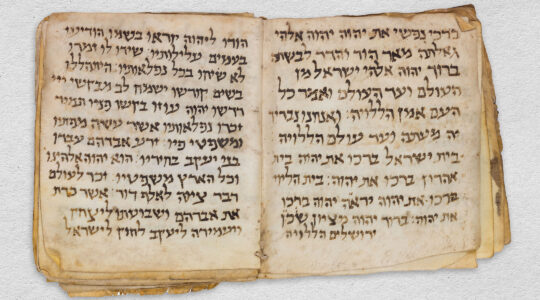So yes, he may have been the greatest composer of the 20th century. He may have been a Nazi, too.
Though he never joined the party or used the Nazi greeting, Strauss cooperated with the regime with the hope that Hitler—who admired his work ever since seeing Salome—would promote his cherished German culture. That, and to protect his son’s Jewish wife and grandchildren.
Despite being appointed president of the State Music Bureau in 1933 and dedicating a song to Nazi propaganda minister Joseph Goebbels, in private Strauss maintained an anti-Nazi stance. In 1933, he wrote, “I consider the…Jew-baiting…the basest weapon of untalented, lazy mediocrity against a higher intelligence and greater talent.”
Two years later, Strauss collaborated with Jewish friend Stefan Zweig on a comic opera, and insisted that Zweig’s name appear on the billing. Hitler and Goebbels refused to attend; the show was banned after three performances.
After intercepting a letter in which Strauss admitted that his Bureau involvement was insincere, the Nazis booted him from the position. “The most terrible period of human history [is over],” he wrote after the War, “during which Germany’s 2,000 years of cultural evolution met its doom.”
What do you think? Nazi or not?
____
Watch a video of Strauss’s Salome:
JTA has documented Jewish history in real-time for over a century. Keep our journalism strong by joining us in supporting independent, award-winning reporting.





